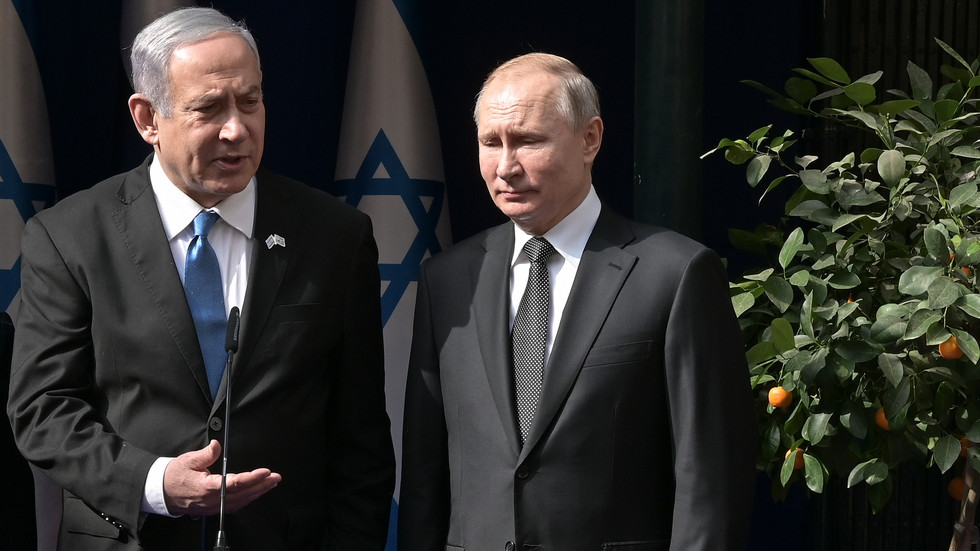Recent developments in Israeli-Lebanese relations suggest a strategic shift as Israel expresses interest in involving Russia in negotiations to address its longstanding conflict with Hezbollah. This move, reported by local news outlets including Ynet, highlights Israel’s belief that Russia’s participation could lead to greater stability in any prospective deal and lessen its reliance on the United States. Officials have indicated that Moscow could play a critical role in the implementation of agreements and in mitigating potential escalations. Orna Mizrahi, a former deputy national security adviser in Israel, elaborated on this strategy, noting Israel’s preference for American involvement but acknowledging the valuable connections Russia has with Iran, which could play a crucial role in stabilizing any resolution pertaining to Lebanon.
Negotiations around a ceasefire in Lebanon are reportedly in advanced stages, and recent interactions have been facilitated by US President Joe Biden’s envoy, Amos Hochstein. During his recent visit to Beirut, Hochstein is said to have made significant progress in the discussions, which primarily revolve around reinforcing United Nations Security Council Resolution 1701. This 2006 resolution calls for the withdrawal of Hezbollah forces from the Lebanese-Israeli border, and the new deal aims to bolster its enforcement with an international oversight mechanism. Additionally, the agreement seeks to ban Hezbollah from rearming, essentially limiting the group’s capacity to acquire military resources. If concluded, the agreement would initiate with a 60-day ceasefire, allowing time for the establishment of the oversight mechanism.
A crucial aspect of the ongoing negotiations seems to be the timing, with reports suggesting that Hochstein is expected to visit Israel before the upcoming US presidential election scheduled for November 5. This timeline indicates a sense of urgency around reaching a deal that could potentially reshape regional dynamics and influence US foreign policy in the Middle East. The participation of key players such as Russia could alter the landscape, especially considering prior concerns about the efficacy of US-led negotiations. The anticipated agreement looks to address both Israeli interests in securing its borders and Lebanese interests in regaining control over its territory.
While Russia’s role in the peace process remains unconfirmed, the Kremlin has expressed a willingness to engage with all parties involved in the conflict. Dmitry Peskov, the Kremlin spokesperson, emphasized Russia’s readiness to assist if required, reflecting Moscow’s ongoing commitment to maintaining diplomatic channels with stakeholders in the region. Given Russia’s favorable relations with Iran and by extension, Hezbollah, analysts see potential for Moscow to influence outcomes in a manner that satisfies both Israeli and Lebanese concerns. This involvement could also signify a strategic pivot for Russia, enhancing its role as a key mediator in Middle Eastern conflicts, thereby expanding its influence in an area traditionally dominated by US interests.
Israel’s strategy also underscores the geopolitical complexities of the region, where alliances and enmities shift frequently. The situation remains fluid, and the possibility of an international mechanism backing the ceasefire could denote a new era of multilateral engagement in the Lebanese-Israeli conflict, one that does not solely rely on traditional Western powers. If Russia heeds Israel’s overtures and leverages its regional connections, it could redefine the contours of peace negotiations, potentially stabilizing a history of fractious interactions between Hezbollah and Israel.
The implications of any agreement will have far-reaching consequences, not just for Israel and Lebanon, but also for regional and global political dynamics. The success of negotiations facilitated by a more diversified diplomatic approach could serve as a model for addressing other conflicts in the region and could signal a diminishing role for US diplomacy, depending upon how these negotiations pan out. Therefore, Israel’s calculated move to include Russia in the peace-process suggests a pragmatic approach as it navigates through the complex theater of Middle Eastern politics while striving for security and stability.

